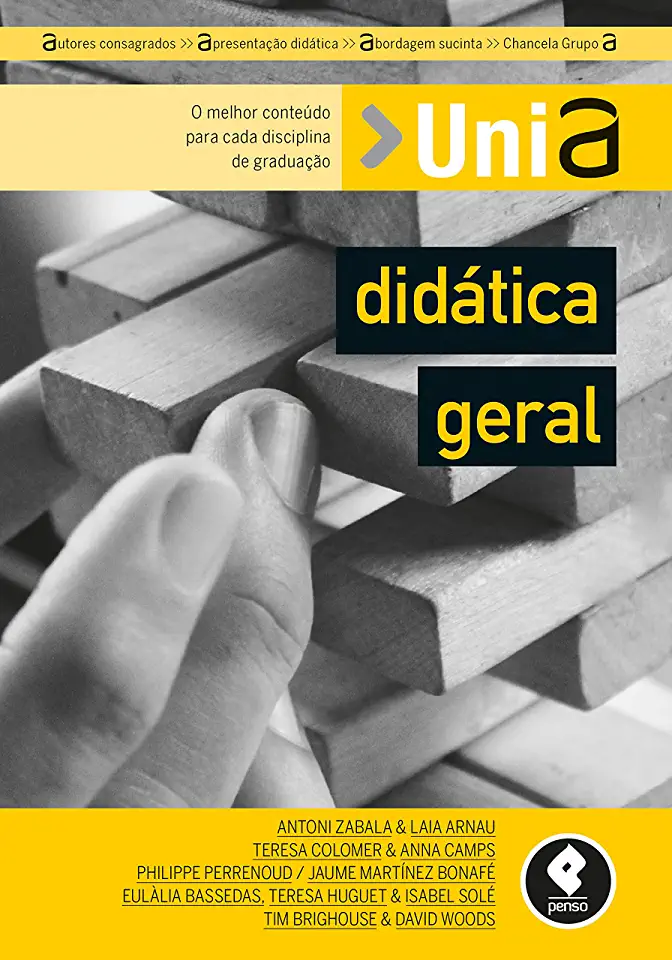
Pedagogy of the 21st Century - Philippe Perrenoud
Pedagogy of the 21st Century: Reshaping Education for the Digital Age
In the rapidly evolving landscape of the 21st century, education stands at a crossroads. The traditional methods of teaching and learning, rooted in the industrial era, are no longer adequate to prepare students for the challenges and opportunities of the digital age. Philippe Perrenoud's groundbreaking book, "Pedagogy of the 21st Century," offers a visionary roadmap for transforming education, empowering educators to cultivate critical thinking, creativity, and collaboration in their students.
Embracing the Digital Revolution:
The 21st century is characterized by a surge of technological advancements that have profoundly impacted every aspect of our lives. Education cannot remain immune to these changes. Perrenoud argues for the urgent need to embrace the digital revolution and integrate technology into the learning process. By leveraging digital tools and resources, educators can create engaging and interactive learning environments that cater to the diverse learning styles of today's students.
Cultivating Critical Thinking:
In an era of information overload, the ability to think critically is more crucial than ever. Perrenoud emphasizes the importance of developing students' critical thinking skills, enabling them to analyze information, evaluate arguments, and make informed decisions. Through inquiry-based learning and problem-solving activities, educators can foster a culture of critical thinking, preparing students to navigate the complexities of the modern world.
Nurturing Creativity and Innovation:
The 21st century demands individuals who can think outside the box and generate innovative solutions to complex problems. Perrenoud advocates for nurturing creativity and innovation in education. By encouraging students to explore their imaginations, experiment with new ideas, and take risks, educators can help them develop the skills necessary to thrive in a rapidly changing world.
Fostering Collaboration and Teamwork:
The interconnectedness of the globalized world necessitates effective collaboration and teamwork. Perrenoud highlights the importance of fostering these skills in students, enabling them to work harmoniously with others, share ideas, and achieve common goals. Through collaborative projects and group activities, educators can create opportunities for students to develop their teamwork abilities, preparing them for success in diverse professional settings.
Empowering Educators:
Perrenoud recognizes that the success of 21st-century education hinges on the competence and dedication of educators. He emphasizes the need to empower teachers with the necessary knowledge, skills, and resources to effectively implement transformative pedagogical practices. Through continuous professional development and support, educators can become change agents, driving the transformation of education and ensuring the success of future generations.
Conclusion:
"Pedagogy of the 21st Century" is a clarion call for educational reform, urging educators to embrace the digital revolution, cultivate critical thinking, nurture creativity and innovation, foster collaboration and teamwork, and empower themselves as agents of change. By adopting the principles outlined in this book, we can reshape education to meet the demands of the 21st century, equipping our students with the skills and knowledge they need to thrive in an ever-changing world.